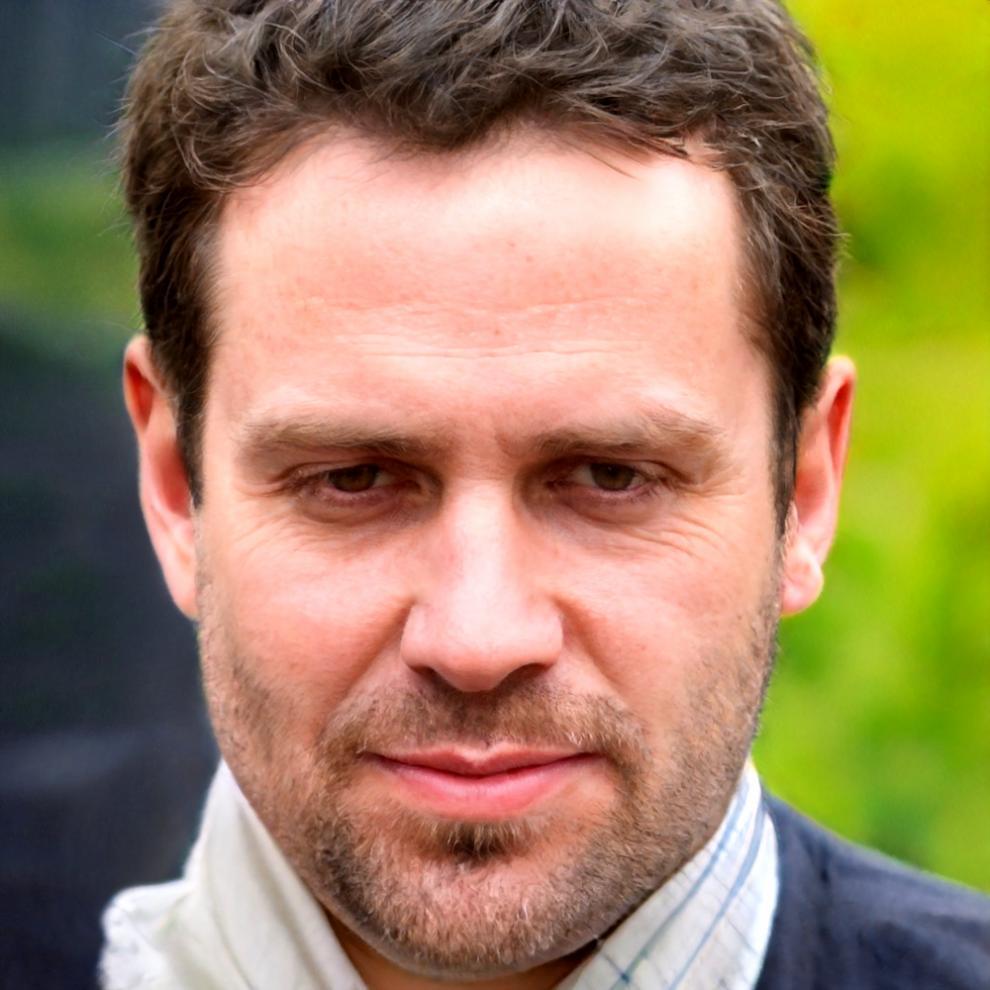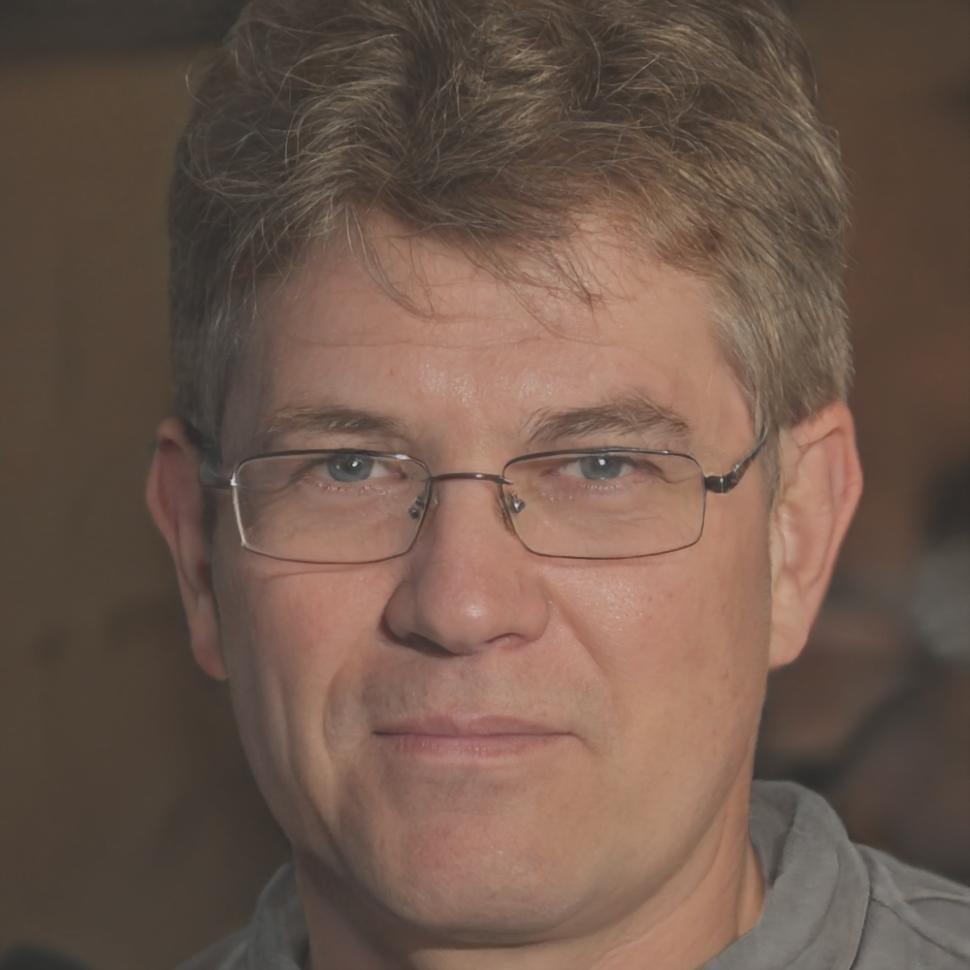"I expected boring lectures about saving money. Instead I got real scenarios that felt uncomfortably close to my actual financial mess. That discomfort pushed me to change things. Six months later, I have an emergency fund for the first time in my life."
How We Actually Teach Financial Literacy
You won't find lectures here. Our approach comes from years of watching what actually works when people learn to manage money better—and it's not what most financial education programs do.

Real Money, Real Decisions
Back in 2023, we tried the traditional route. Slides about compound interest. Charts showing debt paydown strategies. Students nodded along, took notes, then went home and made the same financial mistakes.
So we changed everything. Now students work with actual budget scenarios from the South Korean market—housing costs in Gwangju, typical utility bills, local grocery expenses. They make decisions, see consequences, adjust. It's messy sometimes. That's the point.
One participant told us she finally understood credit card interest rates after spending thirty minutes trying to dig herself out of a simulated debt spiral. "I felt the panic," she said. That kind of visceral learning sticks around.
Our autumn 2025 programs will include new modules on managing irregular income—something we developed after hearing from freelancers who struggle with traditional budgeting advice that assumes steady paychecks.
What Drives Our Teaching
Context Matters
Financial advice that works in one market falls flat in another. We ground everything in the economic realities of South Korea—from banking systems to cultural attitudes about saving. Generic tips don't help anyone build actual financial stability.
Practice Over Theory
You can read about budgeting all day. But until you've tracked your spending for a month, found the leaks, and made tough choices about priorities, you haven't really learned it. We provide the tools and space for that practice to happen.
Different Starting Points
Some people come in drowning in debt. Others are doing fine but want to optimize. We don't believe in one-size-fits-all programs. Your financial situation is specific to you, and our teaching adapts to that reality.
From People Who've Been Through It
These aren't polished success stories. Just honest feedback from students who spent time working through our programs and found something useful.


"The instructors actually answered my weird specific questions about freelance taxes without making me feel stupid. They admitted when something was complicated or when the 'right answer' depends on personal circumstances. That honesty made me trust the whole program more."